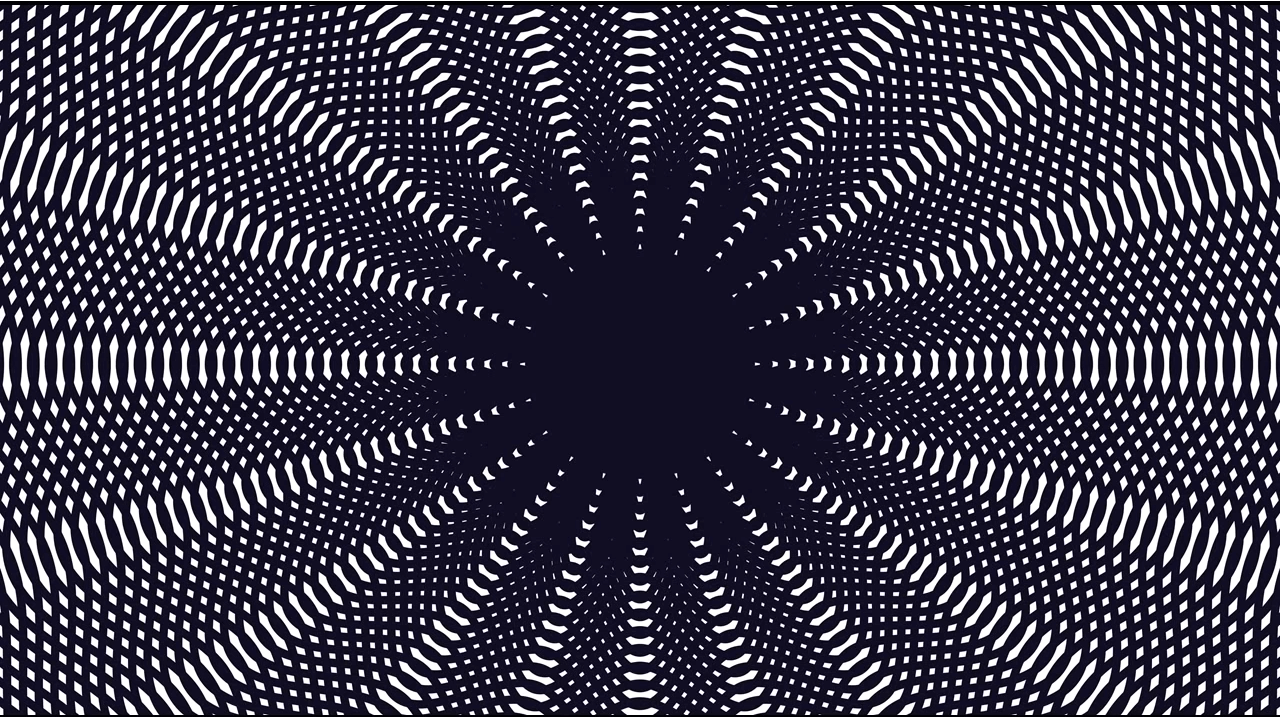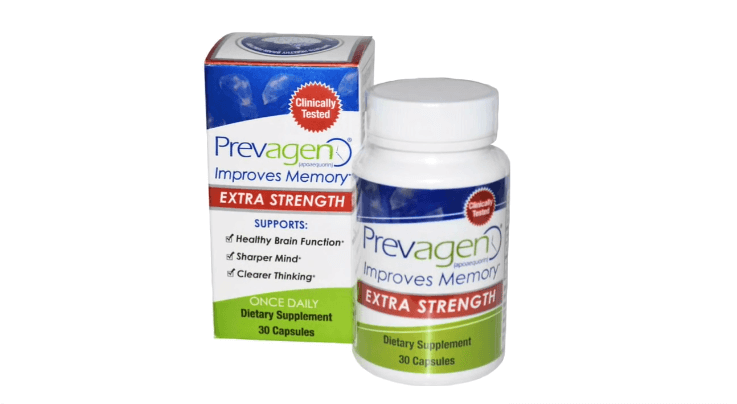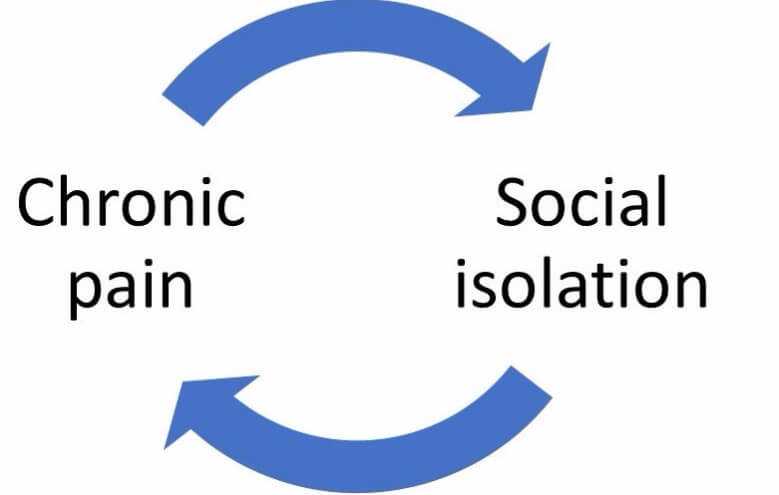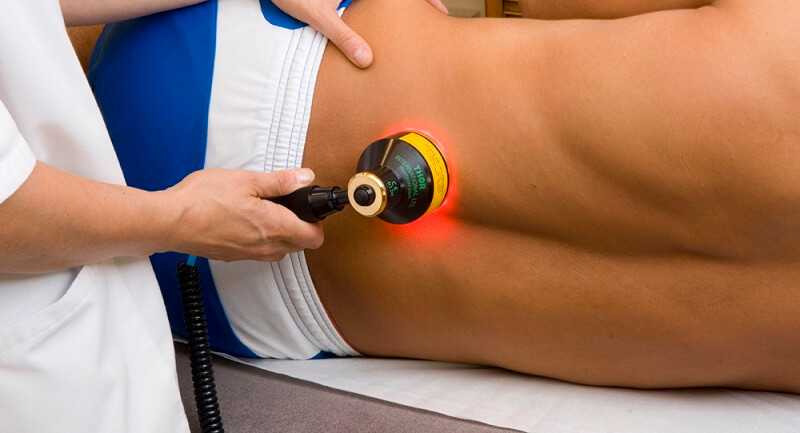In Pain…”Everything Must Change”

If you are suffering from chronic pain (or a loved one is suffering) you must realize that your body is always changing. Even if you were initially well controlled on your medication or with the pain relieving therapies you can expect your body will adapt. This posting is a review of this process because, in pain…everything must change.
Change does not necessarily mean that your pain syndrome will worsen. Over 26 years of medical practice showed me that some people will get better while others get worse. No one stays the same. The human body has a dynamic interplay of anatomy and physiology.
Even with an accurate diagnosis and optimal therapy you may worsen. That does not necessarily mean that you are doing anything wrong (or your doctor for that matter). It is just the way things can work. It is Physics…everything goes to greater and greater disorganization (called entropy). Wrinkles are a manifestation of this process (as is other body parts that sag).
Yet and still, I had many patients that improved. Overtime their slower acting medications actually reversed the disease process that was causing their pain. In some cases my patients made radical life style changes that resulted in the reduction of their chronic pain. Change can be positive too.
I have included for you a video of one of my favorite songs by James Ingram, “Everything Must Change:”
You may be asking, “What could it mean if my pain actually is getting worse (a more common finding)?” I see at least 7 reasons for why this happens in people. Let’s review them…
7 Causes For Your Chronic Pain Worsening
1) The Underlying Disease Process Worsens…
The most common reason for worsening of the pain in a chronic disease is the unrelenting progression of what caused the pain to begin with. The most common cause of low back pain is Osteoarthritis (OA). OA is really a “wearing out” of joints, ligaments, and tendons. It would make sense that the process would continue as long as you are alive.
To be certain, the process ends with death. In an odd sort of way the progression of OA is reflective of life. Because a person is diagnosed at a point in time with OA does not mean that there would not be progression. Most diseases are like this…consider heart disease, for instance. The likelihood of a second heart attack is greater than the first (also true with strokes).
2) Your Activity Level Has Increased…
Sometimes the pain management is so effective that a patient actually increases their activity level. Of course, one should then expect that their requirements for pain medicine would increase. I had patients that were able to return to work when placed on effective pain management. They usually required an increase in their medicine with the increase in work activity. This should make sense to you.
If you drive your automobile with a “heavy foot” your brakes will require more frequent maintenance and your oil changes will too. Again, it is simple physics.
3) Your Body Has Adapted To The Medicine…
Your body is in a never ending state of adjustment. Things that are high will eventually come low and vice versa. It is called a “negative feedback loop.” It is essential for the efficiency of the physiology of the body. It is what body builders rely on for the massive gains in muscle they achieve. Your entire body biochemistry relies on this process for efficient function.
The medicines and procedures that you may utilize for pain relief may also become ineffective over time. The body adjusts naturally. The medications and procedures haven’t changed…you have. It is expected that your requirement for pain medicine will increase over time. This is not addiction.
Most people need an increase in their dose of medicine every 12 to 24 months even if they are well balanced on their medications. It is simple physiology.
4) You Have Developed Additional Causes For Your Pain…
While the primary cause for your chronic pain will likely remain, the rest of your body is subject to the destructive influences of life. Unless you were able to radically modify the primary mechanism causing your pain you will undoubtedly develop a 2nd or 3rd mechanism over time.
This is usually because the systems that were not originally dysfunctional have had additional stress put upon them. For instance, paraplegics (people with paralyzed legs) often develop Carpal Tunnel Syndrome of their wrists due to the additional weight burden placed on their arms. There is that thing called Physics again.
5) You Are On Inadequate Doses Of Pain Medicine…
The nervous system is constantly changing also. This is called neuroplasticity. Nerves become more efficient at conducting pain impulses if they are over stimulated. Under-treating pain can not only worsen the primary mechanism for a person’s pain but will enhance the ability to perceive and transmit the pain. This is called “ramp-up.”
It has been well shown in experimental studies that subjects undertreated for their level of pain ultimately do much worse that people adequately treated when each had the same level of pain to begin with. Early adequate treatment of chronic pain reduces “ramp-up.” The old adage, “just live with it” has been debunked with more recent scientific studies (though old habits die hard in medicine).
6) You Are On The Wrong Medicine…
All primary mechanisms for pain are not the same. Neuropathic pain is treated with different medications from inflammatory pain. Though opiate pain medications are effective for most types of pain, the challenging side effects make them a category of medication that will always be controversial to use.
In any case, identification of the primary mechanism for a pain syndrome is essential for initiating and maintaining the best therapy. In my practice of pain management I rarely saw patients who had a good explanation given to them for the primary mechanism for their pain.
If a patient doesn’t understand the main reason for their pain they will be less vested in the therapy. Furthermore, they will not be able to adjust their therapy regimen between visits…a situation that makes the chronic pain patient very dependent on their medical providers.
7) You Have Become Addicted…
Finally, the consideration of addiction is warranted in people who take their medications so erratically that they could develop bodily harm from doing so. This is the most challenging aspect of pain management as most addicts do not honestly report their non-compliance.
Even in the most compliant patients, only 60% of patients will actually take their medications as directed. Human beings are flawed as a basic principle and require a great deal of encouragement.
I do not believe that vilification of doctor or patient will have the best result. Our present system has created an adversarial relationship between the parties involved. It must change.
What Is The Next Step?
If you find that your pain management is not meeting your pain needs you will need a re-evaluation. My bias is for that to be done by a doctor who believes in a “primary mechanism for pain” type of approach.
I do not believe that most pain doctors actually mentally process this way. It would appear that most pain doctors take a more procedure oriented approach to pain management.
THERE IS HOPE…
We spend billions of dollars on pain management yearly in the U. S. and I do not think the American public is “getting their money’s worth.” Many aspects of pain management need to improve: the legal system needs to change its criminalization approach to the addict, doctors must stand up for their patients and advocate for them, insurance companies need to finance only what works, and patients need to take more responsibility for their healthcare.
There are other issues too (that are beyond the scope of this brief article). In the end there is a subset of patients that will suffer most of their lives. When I see this, the issue also becomes a spiritual one. I have included a final video that could be life changing if you find yourself despairing over your quality of life.
Perhaps what you need to do is consider that the Lord exists and knows your name. Perhaps the missing therapy for you is a relationship with Him? Would you consider it if it meant an improvement in your quality of life?
I am that man clinging to Jesus in the last painting at the end of the video…
Wishing you much joy and healing,





